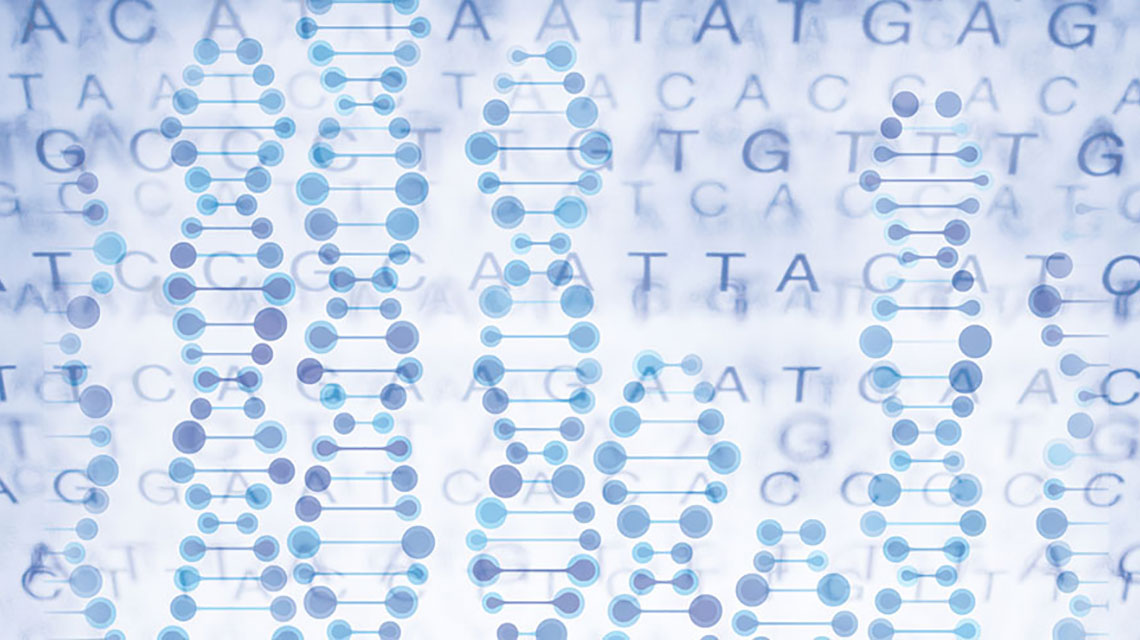Optimizing Prenatal and Neonatal Care for Infants With Treatable Rare Diseases
Optimizing Prenatal and Neonatal Care for Infants With Treatable Rare Diseases https://pediatricsnationwide.org/wp-content/uploads/2024/04/020524BT517_FeatureHR-crop-1024x619.jpg 1024 619 Katie Brind'Amour, PhD, MS, CHES https://pediatricsnationwide.org/wp-content/uploads/2021/03/Katie-B-portrait.gifAs new treatments emerge and diagnostics improve, earlier interventions offer infants with rare metabolic and neurodegenerative conditions a future wildly different than ever before. Not long ago, a diagnosis of molybdenum cofactor deficiency (MoCD) type A meant death before kindergarten. Since the FDA approval of NULIBRY® (fosdenopterin) in 2021, however, children diagnosed with MoCD type…








